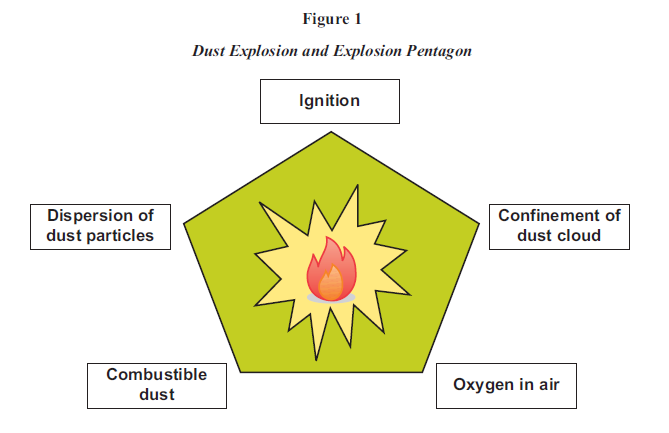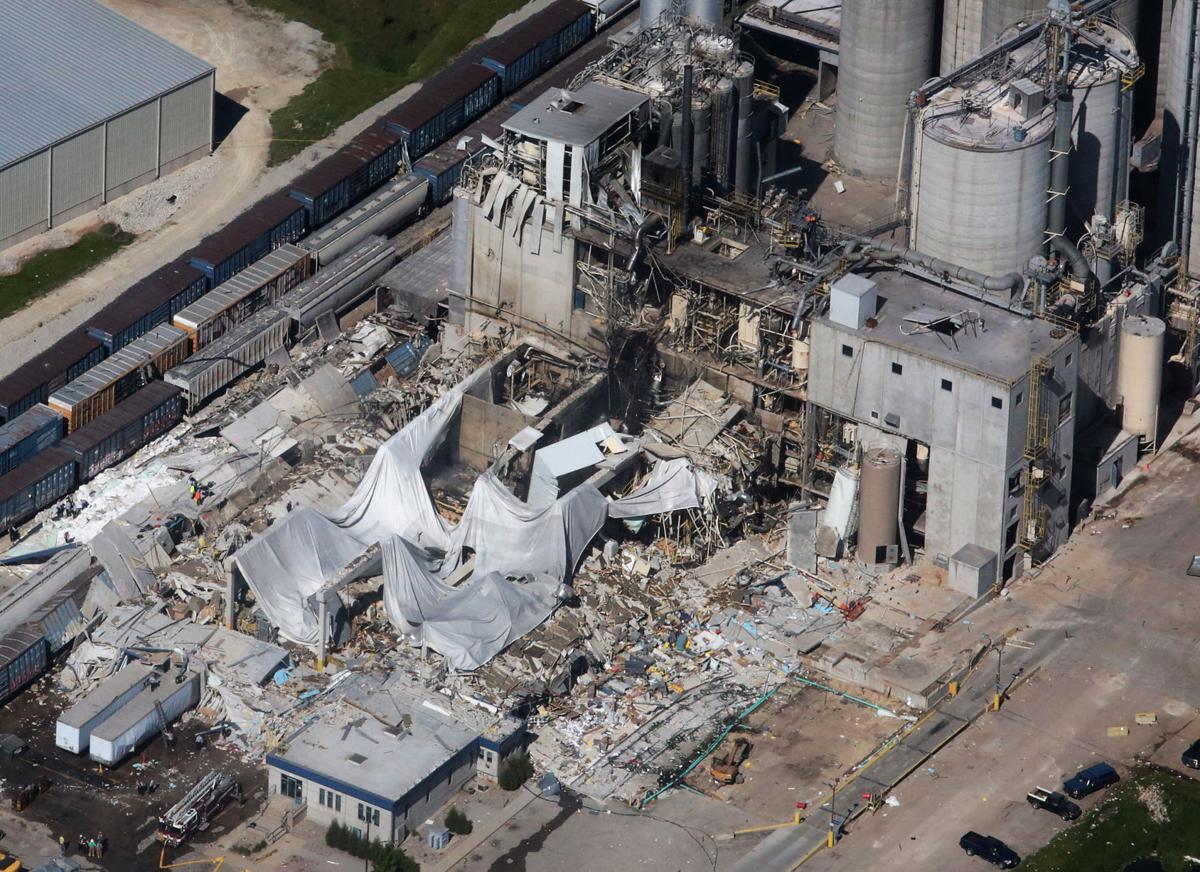Description
This course emphasizes occupational safety. Employers should be aware of workplace hazards facing their employees and take appropriate action to minimize or eliminate exposure to these hazards. This course introduces precautions that can prevent dangerous explosions related to dust accumulation within the work facility. Dusts are created through innumerable processes, and must be dealt with in the safest manner. If the proper procedures are implemented, the risk of ignition of combustible dusts can be greatly reduced.
The purpose of this course is to understand how combustible dusts are formed and how to identify hazards associated with them. Students will be introduced to the proper procedures for protection as well as what to do when exposure does happen. Educating employees and managers on these methods is the key concept gained from this course.
This guide is intended to be consistent with all existing OSHA standards therefore, if an area of this course is considered by the reader to be inconsistent with OSHA, then the OSHA standard should be followed. This course is based on the publication, A Guide to Combustible Dusts.
This course includes a multiple-choice quiz at the end and is intended to provide 1 hour of professional development.
LEARNING OBJECTIVES
At the conclusion of this course, the student will have learned or been exposed to the following:
• The types of combustible dusts and their origins
• Evaluation and identification of dust hazards
• Training techniques for controlling dust hazards
• Preparations to remediate dangerous dust levels








